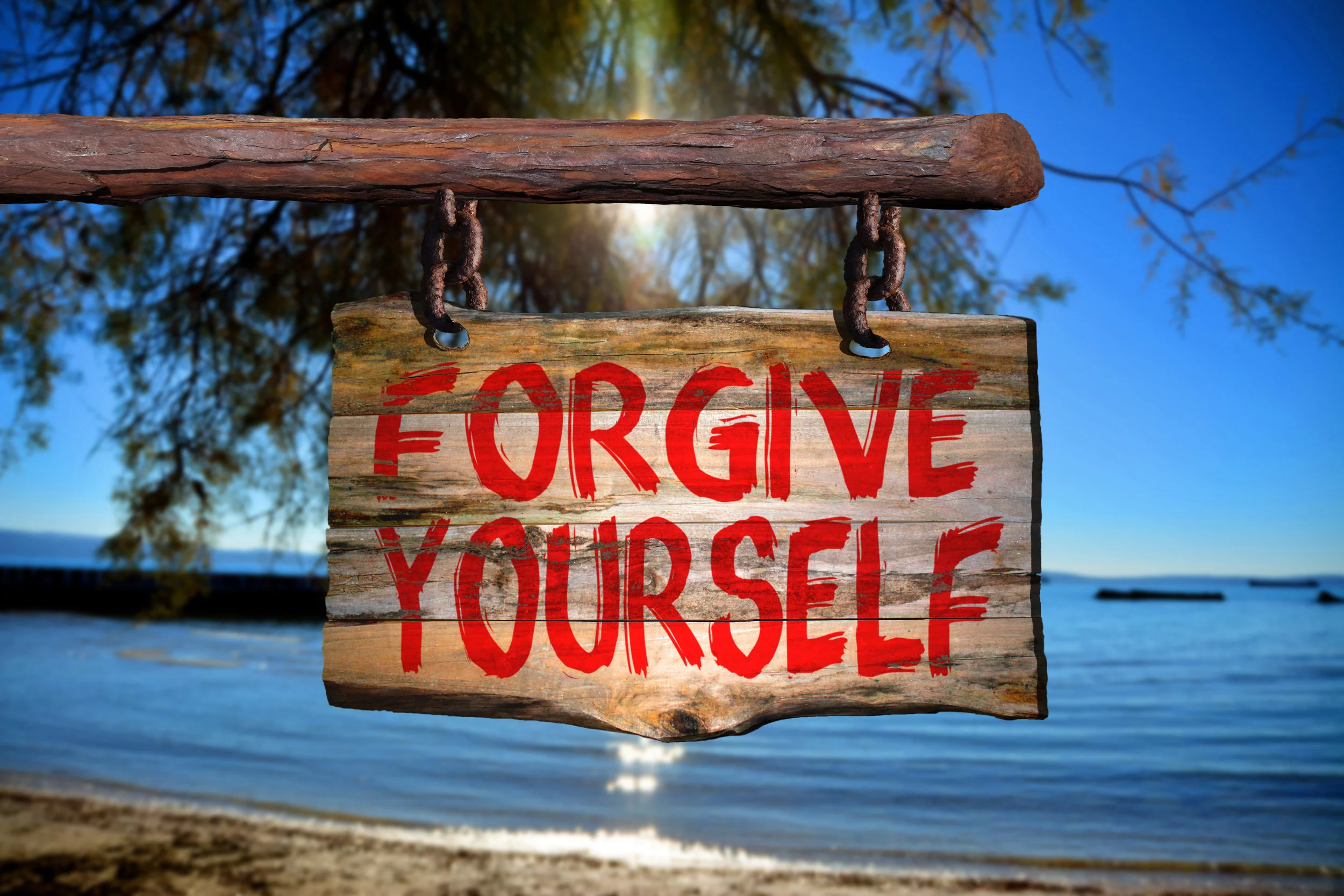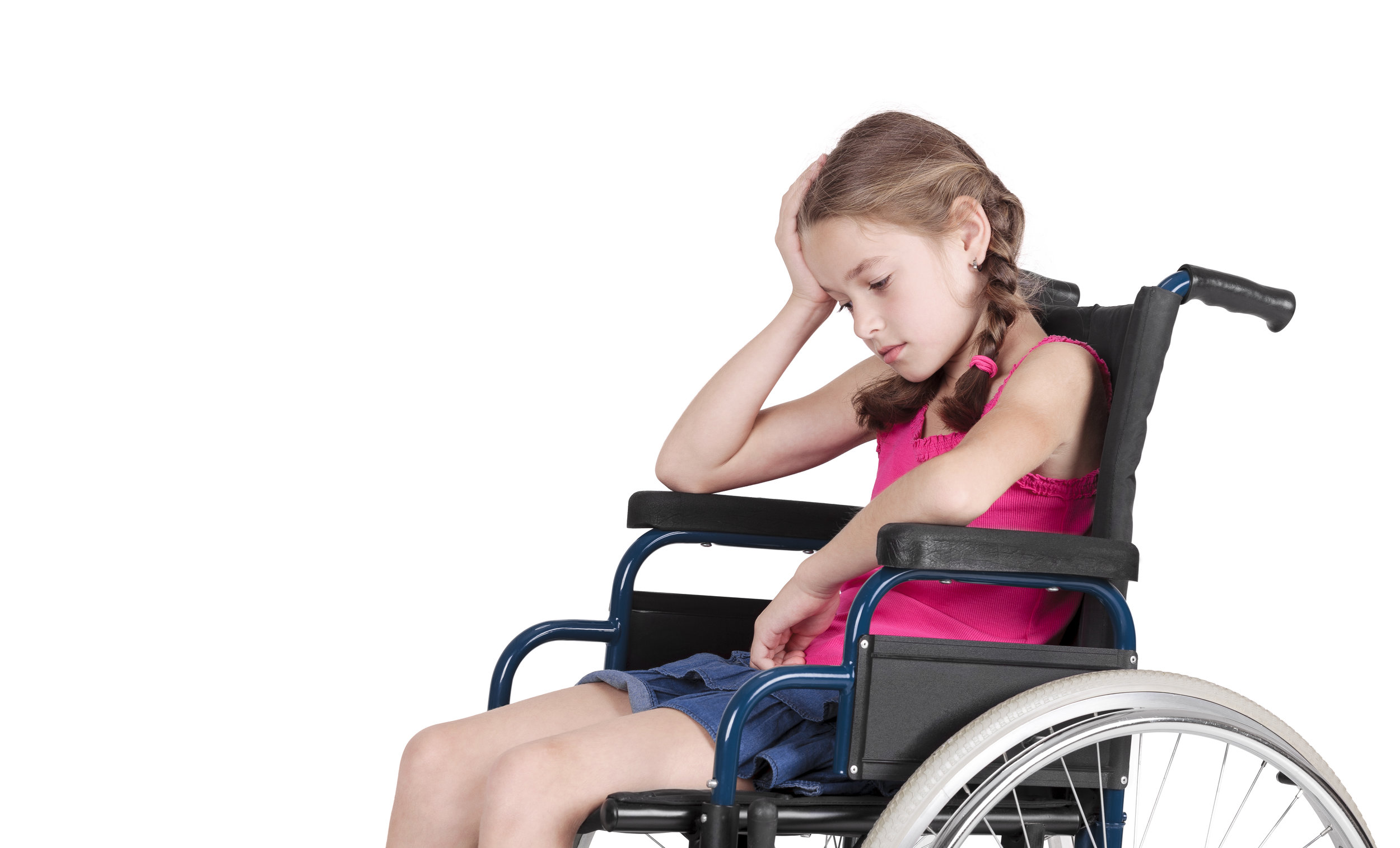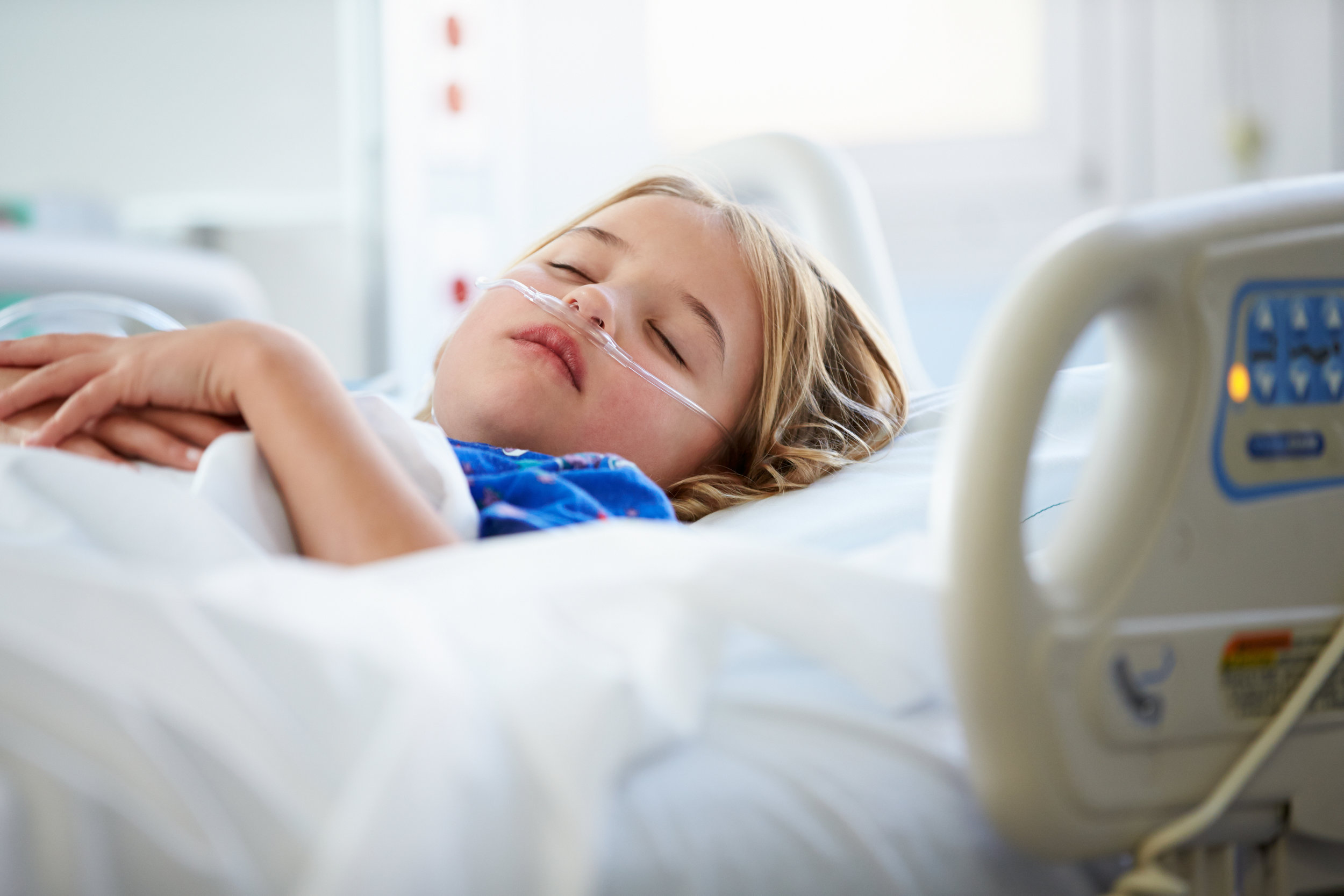Today’s post is brought to you by my Monday morning, when I sat down at my desk and immediately heard three obviously unmuffled sneezes followed by a loud “oh, my god, my throat.” Only a thin cube partition separated me from all that contagion.
I just got home from four days with my family, and it appears that I may have gotten away with a clean bill of health even though one of the kids was sick. She was very careful and I washed my hands enough to crack the skin on my knuckles. With four little ones, someone usually has some kind of sniffle, so I only come home healthy about 10% of the time. The last thing I need is to pick up whatever a colleague caught from his family over the holidays. So, if this sounds like you, even a little, please stay home.
Let me explain.
A healthy immune system’s job is to be able to distinguish the difference between its own tissues (you) and invaders like bacteria or viruses. Autoimmune patients have overactive immune systems that identify parts of your body as invaders, which damages previously healthy tissue. For me, around sixth grade, my body decided to attack my pancreas until the part that produces a hormone vital to my ability to process food, was dead. Not just dysfunctional, but dead. As a doornail. (Type 1 diabetics have no insulin production, as opposed to Type 2s, who have faulty insulin production.)
After developing their conditions, some autoimmune patients also develop a suppressed immune system due to the medications they take, like immunosuppressants for transplant patients, chemotherapy for cancer patients, steroids for lots of things, and glucocorticoids for allergies, asthma, or conditions caused by overactive immune systems. Other times it’s the condition itself -- arthritis, certain types of anemia, scleroderma, Type 1 diabetes, etc.
I actually fall into both the medication and condition categories, which makes me vulnerable to every cough, cold, or flu that comes my way. It’s one of the reasons I don’t take public transportation. And when I do get sick, it takes forever to fight it off. The flu might take you out for three days. I once had to struggle through a fever and sore throat for a month.
But what about my family? I chose to visit even though I knew someone was sick. That’s right. I chose. I have to go to work, so it is not my choice to work in an environment contaminated by your cold, flu, or on this particular Monday morning, bronchitis.
I guarantee you have colleagues on some of the medications listed above or who have some of the conditions that suppress their immune systems. Starting a conversation with “Stay away, I’m sick” or “I feel better than I look” isn’t good enough.
So, I’m asking, no, pleading with you to stay home when you are sick. Please. It would better for both of us. You can heal more quickly by sleeping when your body demands and I can let my immune system putter on as usual, imperfect, inefficient, but good enough for the daily grind.










